Homemade Insecticide
fillmoe
10 years ago
Related Stories

EDIBLE GARDENSGarden BFFs? Why Your Vegetables Are Begging for Companion Plants
Foster friendships among plants for protection from pests, pollination support and color camaraderie
Full Story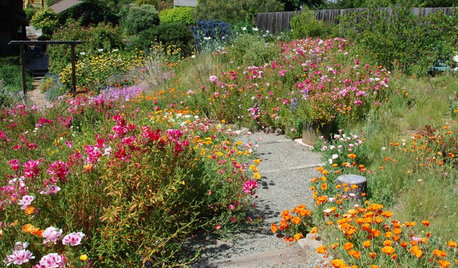
EARTH DAYHow to Design a Garden for Native Bees
Create a garden that not only looks beautiful but also nurtures native bees — and helps other wildlife in the process
Full Story
GARDENING AND LANDSCAPINGBid Bad Garden Bugs Goodbye and Usher In the Good
Give ants their marching orders and send mosquitoes moseying, while creating a garden that draws pollinators and helpful eaters
Full Story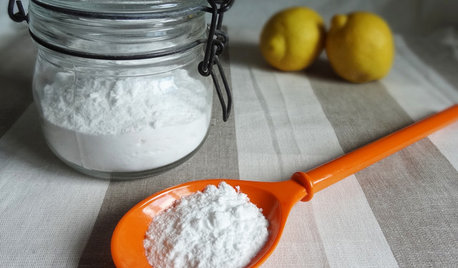
HOUSEKEEPINGBaking Soda: The Amazing All-Natural Cleanser You Already Own
Battle grime, banish odors and freshen clothes with this common nontoxic cupboard staple
Full Story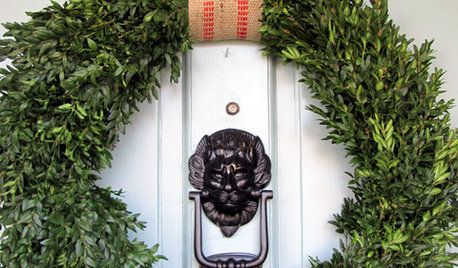
CHRISTMAS10 Easy Decorating Ideas for a Festive Entryway
'Tis the season for welcoming guests with wreaths, special lighting and plenty of comfy seating
Full Story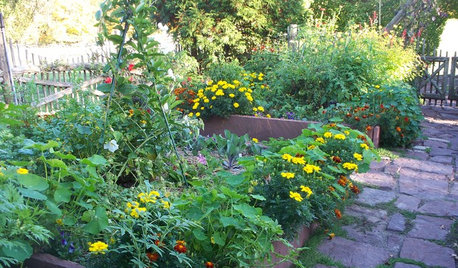
GARDENING GUIDESOrganic Matters: Thwart Insect Pests With Trap Crops
Add a few sacrificial plants to your garden to lure insects away from the harvest
Full Story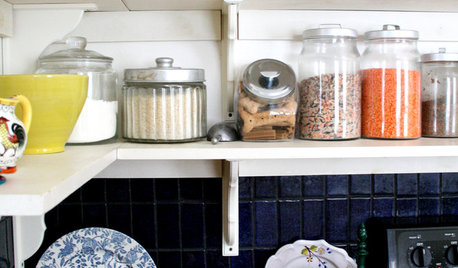
KITCHEN DESIGNDisplaying Kitchen Supplies — Hot or Not?
Do some kitchens just beg for a cozy row of canisters and gear for all to see? Have a look and let us know what you think
Full Story
MOST POPULARHow to Get Rid of Those Pesky Summer Fruit Flies
Learn what fruit flies are, how to prevent them and how to get rid of them in your home
Full Story
FARM YOUR YARDHow to Grow Vegetables in Containers
Get glorious vegetables and fruits on your patio with a pro’s guidance — including his personal recipe for potting mix
Full StoryMore Discussions






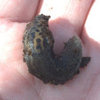
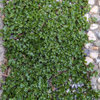
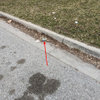
jean001a
Kimmsr
Related Professionals
West Milford Landscape Architects & Landscape Designers · Wrentham Landscape Architects & Landscape Designers · Clark Landscape Architects & Landscape Designers · Salisbury Landscape Architects & Landscape Designers · Waunakee Landscape Architects & Landscape Designers · San Juan Landscape Architects & Landscape Designers · Brentwood Landscape Contractors · Edmond Landscape Contractors · Boca Raton Landscape Contractors · Bridgeport Landscape Contractors · Davis Landscape Contractors · Forest Hills Landscape Contractors · Lexington Landscape Contractors · North Potomac Landscape Contractors · Ferguson Landscape Contractorsrhizo_1 (North AL) zone 7
DMForcier
djkj
sandy0225
fillmoeOriginal Author